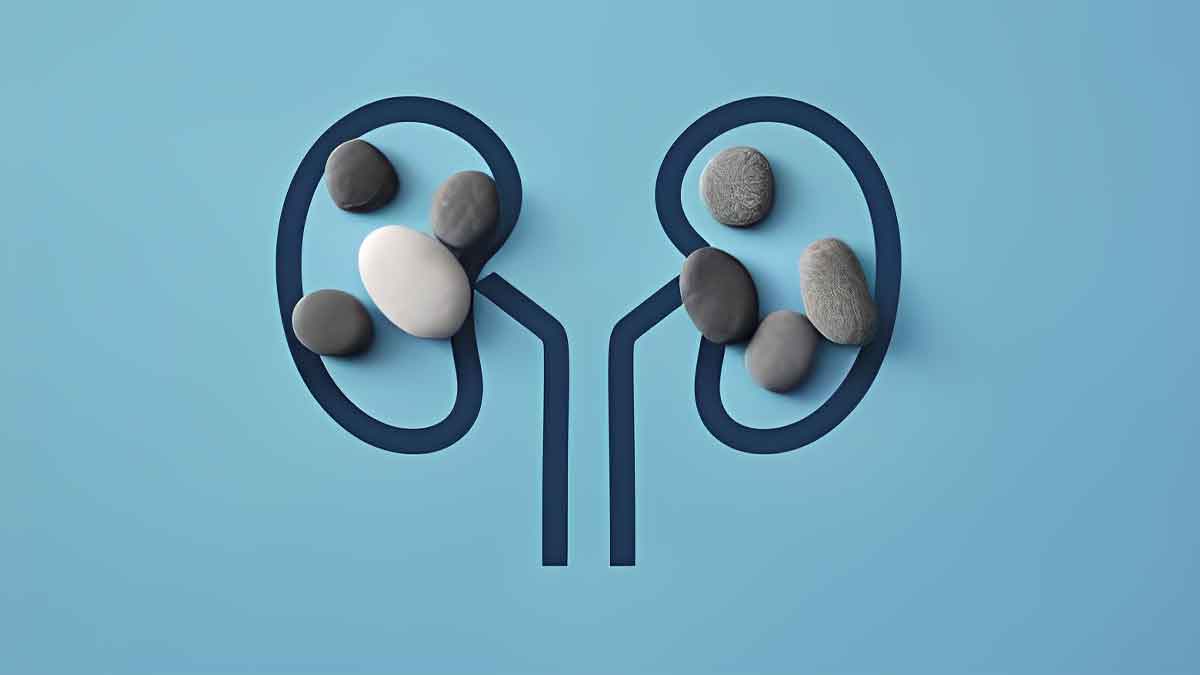
Kidney stones are painful crystalline formations in the kidneys which can be a recurrent issue for some people. While various factors contribute to their formation, dietary choices play a significant role, particularly foods that have a high oxalate content. Here’s why individuals prone to kidney stones should be cautious of foods high in oxalate content.
Table of Content:-
Kidney Stones and Oxalates

Kidney stones are hard deposits that form in the kidneys when certain substances in urine, like calcium, oxalate, and phosphorus, become highly concentrated. According to the National Kidney Foundation, ‘each year, more than half a million people go to emergency rooms for kidney stone problems. It is estimated that one in ten people will have a kidney stone at some time in their lives.’
Oxalates are naturally occurring compounds found in many foods and play a key role in the development of certain types of kidney stones. Here are some foods that are high in oxalates:
- Leafy Greens: Spinach, Swiss chard, and beet greens are rich in oxalates.
- Nuts and Seeds: Almonds, peanuts, and sesame seeds contain significant amounts of oxalates.
- Chocolate: Cocoa and chocolate products can contribute to oxalate intake.
- Certain Fruits: Berries, figs, and kiwi are examples of fruits with moderate to high oxalate content.
- Beets and Sweet Potatoes: These root vegetables are known for their oxalate content.
Also Read: 300 Kidney Stones Found In Woman Who Drinks Bubble Tea Instead Of Water: Expert Shares His Opinion
Tips To Prevent Kidney Stones

Here’s how foods with high oxalate content lead to the formation of kidney stones:
- Calcium Oxalate Stones: The most common type of kidney stone is calcium oxalate. When oxalate binds with calcium in the kidneys, it forms crystals that can accumulate and lead to stone formation.
- Reduced Calcium Absorption: Consuming high-oxalate foods can interfere with the absorption of calcium in the body, potentially contributing to stone formation.
- Increased Urinary Oxalate: High oxalate levels in the urine provide more opportunities for oxalate crystals to form and grow into kidney stones.
Finally, if you want to prevent kidney stones, avoiding high quantities of foods rich in oxalate is a significant approach. However, you should also be cognizant of the following tips:
- Stay Hydrated: Drinking an adequate amount of water helps dilute substances in the urine, reducing the risk of stone formation.
- Calcium Intake: Adequate dietary calcium can bind to oxalates in the intestines, preventing their absorption and reducing the risk of stone formation.
- Consult a Healthcare Professional: Individuals prone to kidney stones should work closely with healthcare professionals or dietitians to create a personalised dietary plan.
Being mindful of your diet, especially when prone to kidney stones, is crucial for maintaining kidney health. While oxalates are present in many nutritious foods, balancing your intake and adopting a kidney-friendly diet can significantly reduce the risk of developing these painful stones. Prioritise hydration, and moderation, and consult with healthcare professionals to tailor a diet that supports your kidney health in the long run.
Also watch this video
Read Next
From Digestion To Boosting Platelets: Expert Lists Benefits Of Papaya Leaves And How To Use It
How we keep this article up to date:
We work with experts and keep a close eye on the latest in health and wellness. Whenever there is a new research or helpful information, we update our articles with accurate and useful advice.
Current Version